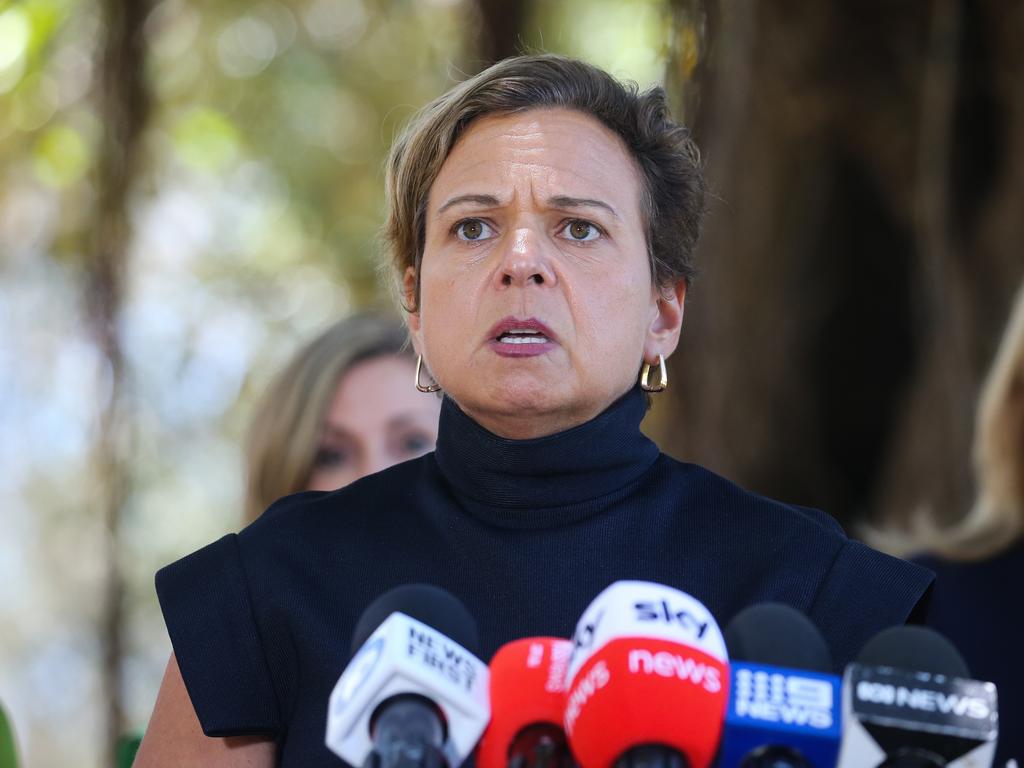Advertisements for online gambling platforms have become so ubiquitous that they barely register as noteworthy for many Australians. In particular, they’re considered a normal and integral part of the sporting landscape for a worryingly large proportion of young men. Here, we investigate just how dangerous these ad campaigns are and examine their startling similarities with tobacco campaigns from half a century ago…
Online gambling is a behemoth of an industry, thanks in no small part to the relentless marketing campaigns that are pushed on television, online, and – increasingly – on social media platforms, especially TikTok.
Perhaps then it is no surprise that Australians have higher gambling losses per capita than any other country (coming in at a whopping $1,276 per year, by the way) and nationwide losses topping out at a staggering $25 billion in 2019. Notably, the rate of problem gambling among online gamblers is three times high as it is among pokie gamblers at 3.9% vs. 1.4%.
A recent article in The Conversation has highlighted fascinating, frightening parallels between the Australian tobacco industry in the 1970s and the gambling industry today, which we at DMARGE believe could pose a particularly acute threat to Aussie blokes.
In 1970, a tobacco ad ran on Australian television every eight to fourteen minutes. These ads famously portrayed smoking as a cool and cultured habit, especially for men. Think of Paul Hogan telling Aussies “anyhow, have a Winfield” or the macho Marlboro Man.
Advertisements like this were used to drive a new generation of young people into smoking and, as a result, hugely increase the risk of cancer to individuals and simultaneously increase the burden that such a health epidemic imposes on the Australian state.
Today, online gambling platforms use similar tactics, focusing on the malleable minds of the young. Deploying handpicked celebrity endorsements via icons like Shaq and Mark Wahlberg, alongside quintessentially Australian blokey humour, these platforms take aim at 18-to-24-year-old men.

Despite the Turnbull Government banning gambling ads before 8:30 pm on live sporting events and the self-congratulating attempts at internal regulation from platforms that promote “responsible gambling”, recent research has shown that 75% of 8-to-16-year-olds believe that gambling is a normal and central part of sporting life.
Though the number of women using online gambling platforms is growing (as is the number of women regularly engaging with sporting content), sports fans and, as a result, gamblers are predominantly male.
Data shows that men account for near-to or over 90% of sports gamblers, depending on the specific category or sport. Similarly, men are at double the risk of gambling-related problems than women, with 10% of male gamblers suffering a clinically-diagnosed gambling problem compared to 5% of women.
Most worryingly, it was young men at greatest risk. Data from the Australian Institute of Health and Welfare shows that men aged 18 to 34 were the sub-population most likely to sign up for new online gambling accounts, increase the frequency and monthly spending of their gambling, and be at risk of gambling-related harm, either self-inflicted or by others…
So, if the wider population and especially young men are at such high risk, why doesn’t the government take action to reduce the advertising or operating power of these platforms?
Well, for the exact same reason that the government turns a blind eye to a whole smorgasbord of socially harmful issues: money.
In the 1970s, a significant majority of the Australian public (74%) believed that cigarette ads should be banned. Today, 71% of Australians believe that gambling ads should be banned.
In the 1970s, the tobacco industry, alongside the mass media with whom they spent the equivalent of $125 million per year to publicise their product, were powerful lobby groups with tendrils reaching into the Australian legislature and pockets of its elected representatives.

Today, the online gambling industry increasingly plays politics. Sportsbet donated over $310,000 to political parties last year, hedging its bets by splitting gifts between the Coalition and Labor, ensuring a friendly relationship no matter the outcome.
Of particular interest was the $19,000 it donated to the campaign of now Communications Minister Michelle Rowland, whose remit covers – you guessed it – advertising regulation. Online gambling platforms are rigging the media landscape, cozying up to whichever politicians they must in order to ensure a mutually beneficial relationship.
In short, gambling platforms pay off politicians who are far too grateful for the support to call out these platforms for their predatory practices. Who loses out as a result? Regular Australians and, in particular, Aussie blokes.
We managed to defeat the tobacco epidemic, but we need to learn the lessons of that battle lest Aussies are left with an addiction even more crippling than that of nicotine: one that could wreck individual lives and the economy to boot. Come game day or election day, bear it in mind.
